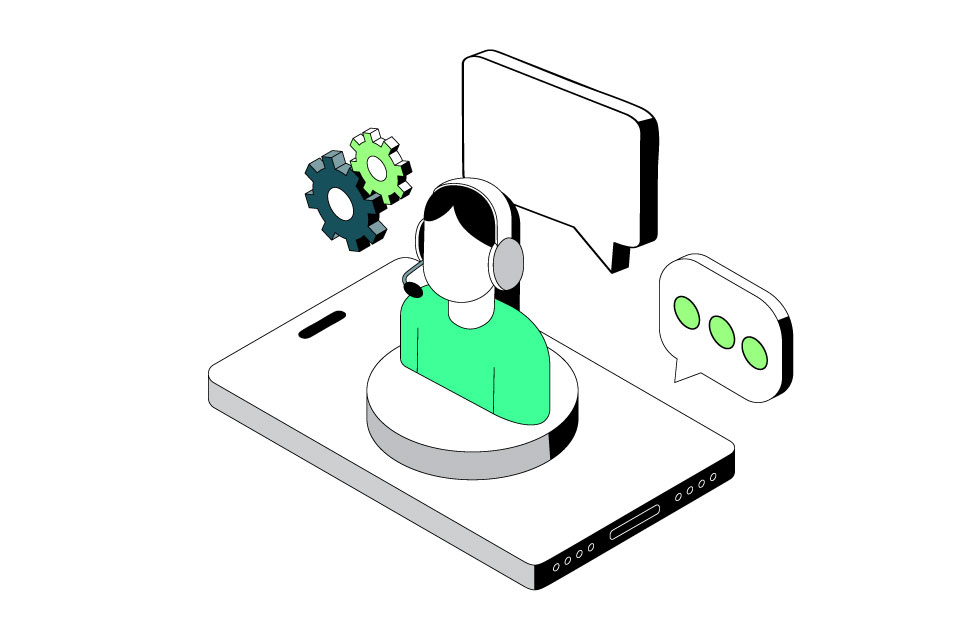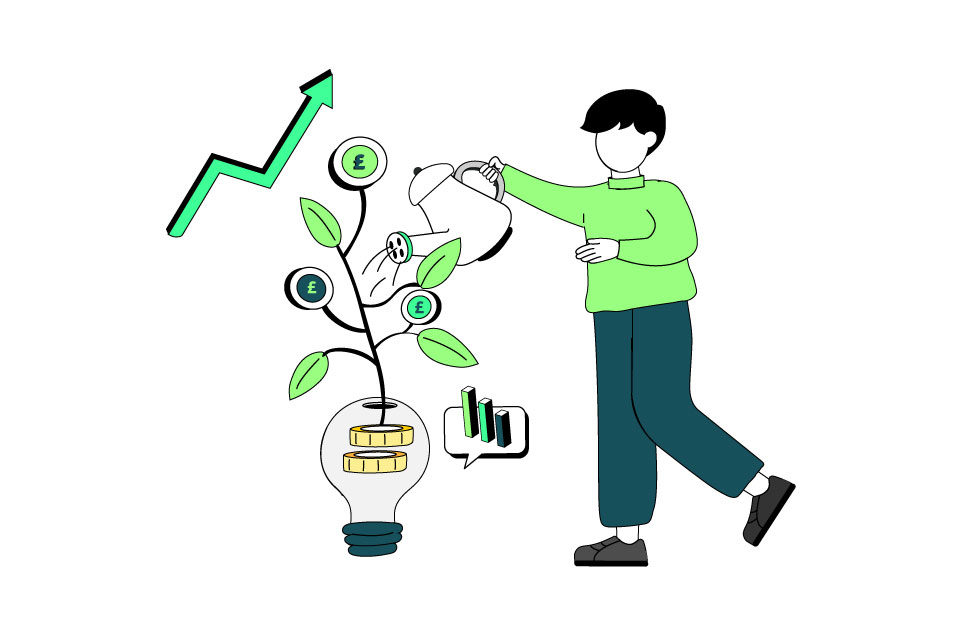By Jo Causon, CEO, The Institute of Customer Service
There is no denying that the UK faces a highly uncertain economic future, as the catastrophic impact of the Covid-19 pandemic casts much into disarray. As political and business leaders lay plans to rebuild, one thing is clear – part of the recovery must involve addressing some long-standing issues around productivity. Even before the crisis hit, the productivity debate had risen up the agenda as a key area of focus to achieve sustainable economic growth. Much of this debate centres around production and manufacturing output, however – with 80% of the UK’s GDP generated by the service sector – it’s vital that as we look to rebuild, we do not ignore the issue of ‘service productivity’.
Customers both drive productivity through purchasing products and services, and actively play a part in shaping it through their interactions with organisations. And when service is poor, productivity is impacted by the time and resource spent handling their complaints and queries. Whilst issues will always occur, investing in your organisation’s customer service offering provides significant potential to reduce problems, and re-direct time and money to the more productive, creative and innovative activities that will be key to recovery efforts.
Many will be looking to make quick decisions to boost productivity in the short-term, but the truth is there is no single solution to the service challenge. To unlock true productivity gains, businesses must take the time to understand the essential links between customer satisfaction, employee engagement, productivity and business performance; putting service at the heart of the organisation’s vision and building business plans around it.
One of the central opportunities lies in harnessing technology. We’ve already seen some brilliant technological innovations borne from necessity over the past few months that can improve efficiencies, and free up staff from low-level transactional and processing tasks. However, it’s crucial we get the balance right. In light of the inevitable rise in vulnerable customers and complex service issues post-lockdown, technology should not replace the brilliant people skills needed to deal with sensitive or difficult problems when they arise.
The key lies in truly understanding your customers and how they interact with your organisation, then building processes that reflect their needs. This will not only create a smoother customer experience that gets things right first time, but also help to map where employee time and effort is best spent, and where resource can be re-directed.
Boosting productivity also requires an engaged and motivated workforce. Our research indicates those with personal skills such as confidence, innovation and dealing with customers are more productive. As such, investing in skills, training and recruitment – both at government and organisation levels – will be key to unlocking real gains. Recognition and reward are important too; staff who are satisfied in their roles, treated and paid fairly, will be more engaged, motivated and empowered to perform.
There is no easy fix to the service challenge; it requires focus on a complex mix of interlinking strands. But if we are to recover from the economic blow served by the Coronavirus pandemic, it must be taken seriously. Through putting service at the heart of your organisation’s purpose, you can unlock a step change in customer satisfaction, boost productivity and build a true service nation that is the envy of the world.



